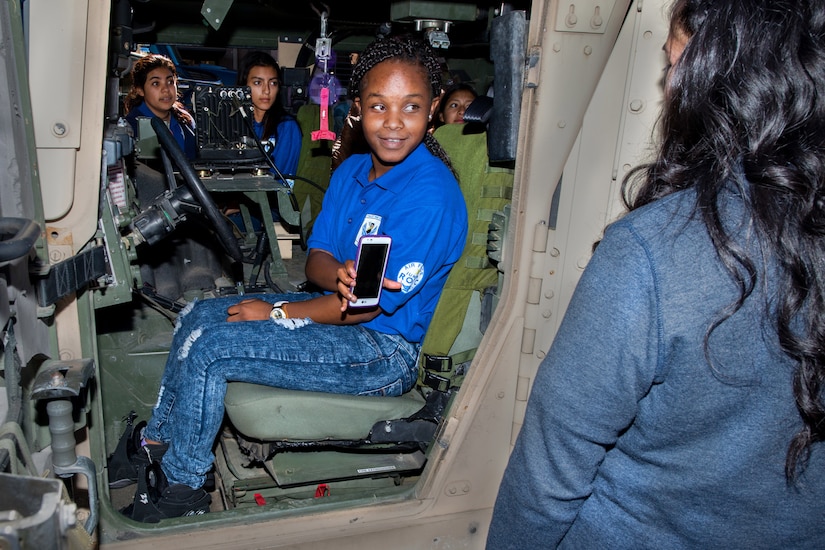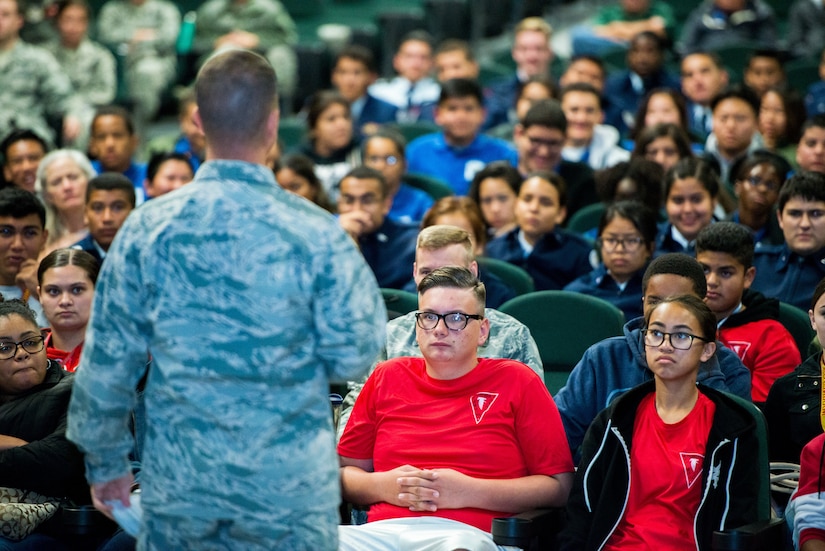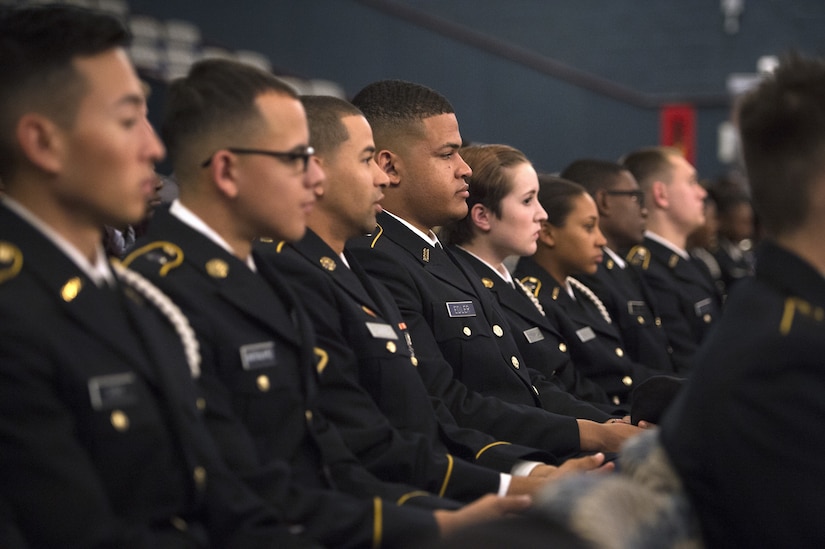Nov. 17, 2020 | , DOD News
Diversity and inclusion are a top priority for the Defense Department, the department's director for manpower and personnel said today.
"The department has undergone a tremendous task force effort with regard to diversity and inclusion, and the secretary is soon to approve and publish that document," Air Force Maj. Gen. Lenny J. Richoux said during an online discussion hosted by the Department of Energy.

"For [Chairman of the Joint Chiefs of Staff Army Gen. Mark A. Milley], one of his desires is to diversify the senior leadership, the joint senior leadership and senior leadership writ large across the department," Richoux said. "Everyone knows it takes about 24 or 25 years to make a general officer and can take almost that long to make an E9 — a senior leader E9 in all the branches."
The length of time it takes to develop a senior leader in the department means that in order to reach diversity and inclusion goals, the department must now start eyeing the youngest Americans as candidates for future leadership positions.
"We've been working on this for a long time. But the department has made some substantive changes to improve diversity and inclusion," Richoux said. "I think one of those areas that I've been trying to work with the services on is how and from where we recruit."

There are more than 100 historically black colleges and universities in the U.S. today, and those schools are great places, Richoux said, to start looking for America's next military leaders.
"[We're] increasing scholarship opportunities and feeding into ROTC," he said, adding that Americans even younger than college-age students are also candidates to one day be leaders.
The Reserve Officer Training Corps programs at HBCUs are fed by other, more junior programs, such as Junior ROTC, Civil Air Patrol, Sea Cadets or the Young Marines, he said.

Richoux said those programs marry STEM with military service and drive a culture as a sense of purpose and service for our young people. "I think it starts young ... when they're formative, when they're figuring out what they want to do in these programs that tie them to service, STEM ... I think it's a thread of interest," he said.
Richoux also said private industry might take an interest in such programs because by encouraging participation early and by being involved, those young Americans will eventually transition out of military service — as 200,000 persons do each year — and seek jobs in the private sector. That will constitute a pool of potential private sector employees who are equipped with both STEM training and leadership skills.








No comments:
Post a Comment